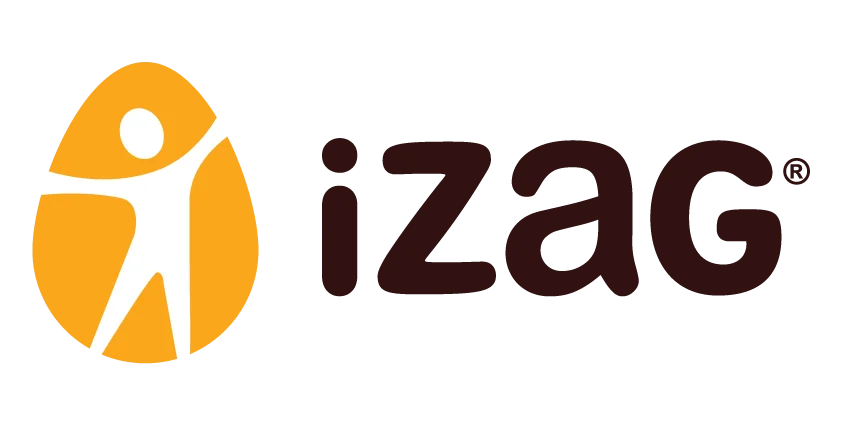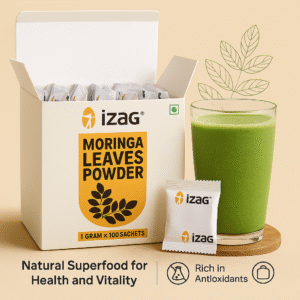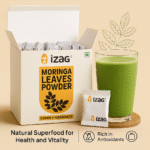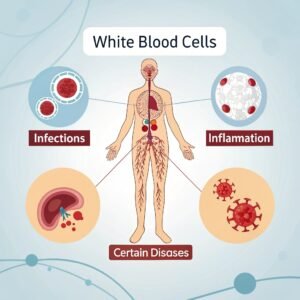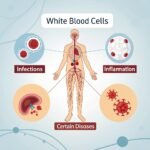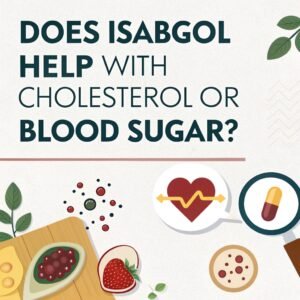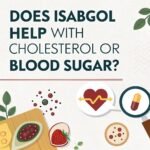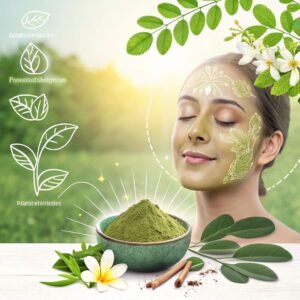Vegan vs. Vegetarian: Which Plant-Based Diet Is Right for You?
Are you considering a plant-based lifestyle? Understanding the difference between vegan and vegetarian diets is crucial for making an informed choice. Both offer impressive health and environmental benefits, but they differ in scope, flexibility, and potential challenges. This guide breaks down the essentials to help you choose the path that fits your goals and values. Vegan vs Vegetarian: Which Is Best?
Key Differences: Vegan vs Vegetarian: Which Is Best?
-
Vegan: Excludes all animal products, including meat, dairy, eggs, and honey. Vegans often also avoid animal-derived products in clothing and personal care.
-
Vegetarian: Avoids meat and fish but may include dairy products and eggs. This diet offers a more flexible approach to plant-based eating.
Health Benefits:
Both vegan and vegetarian diets are rich in fruits, vegetables, whole grains, and legumes, making them high in fiber, antioxidants, and essential nutrients. They are associated with:
-
A lower risk of heart disease, type 2 diabetes, and certain cancers
-
Improved digestion and gut health
-
Better weight management and reduced obesity rates
Environmental Impact:
Choosing plant-based diets contributes to a lower carbon footprint. Vegan and vegetarian lifestyles use fewer natural resources, reduce greenhouse gas emissions, and promote animal welfare. A vegan diet generally has a slightly lower environmental impact due to its complete avoidance of animal agriculture.
Potential Challenges:
While beneficial, both diets can present challenges, such as:
-
Nutrient Deficiencies: Vegans must pay close attention to vitamin B12, iron, calcium, and omega-3 fatty acids. Vegetarians face fewer risks but should still monitor these nutrients.
-
Social Situations: Dining out or attending events may require extra planning.
-
Processed Foods: Relying on vegan junk food can undermine health goals.
Choosing Your Path:
-
Health-Focused: Both diets offer health perks, but vegetarianism may be easier for obtaining certain nutrients.
-
Ethics-Driven: A vegan diet aligns more strictly with animal welfare and environmental concerns.
-
Flexibility: If you’re new to plant-based eating, starting with a vegetarian diet and gradually transitioning to vegan can ease the shift.
Ultimately, the best diet is one that fits your lifestyle, supports your health, and aligns with your personal values. For optimal results, consult a registered dietitian to ensure your nutritional needs are fully met.
NOTE: – IT IS ALWAYS RECOMMENDED TO CONSULT YOUR HEALTH CARE PROFESSIONAL. ALL DATA SHARED HERE ARE FOR EDUCATIONAL PURPOSES ONLY.
